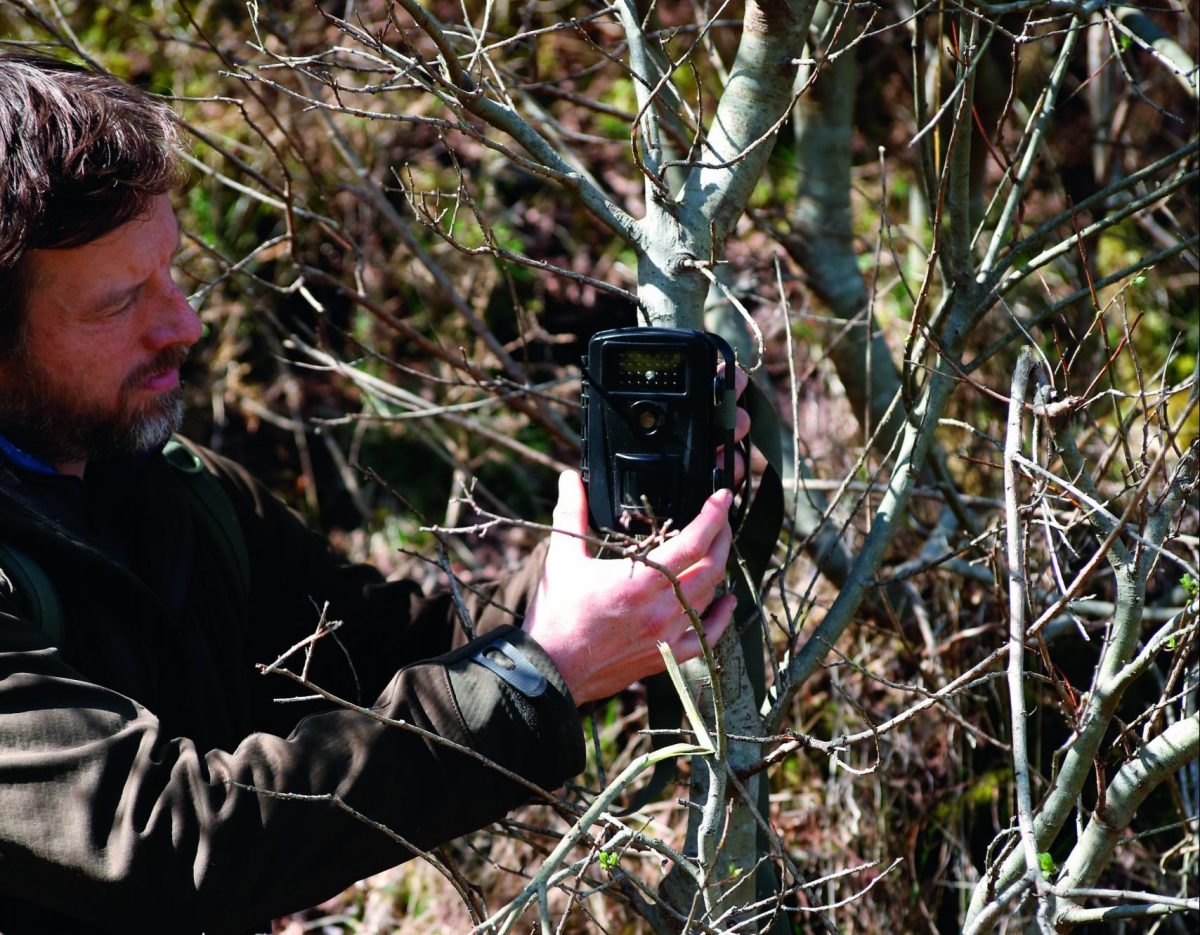Observe and report but don’t get involved in rural law enforcement
Gamekeepers can be the eyes and ears of rural law enforcement but it’s safer to record and report than risk approaching suspected miscreants, warns Alasdair Mitchell

Trail cams can be used to good effect
What do you do if you are on your own in the countryside and you come across somebody behaving suspiciously?
Those of us who have been permitted to own firearms are at a potential disadvantage in any confrontation. Our certificates could be at risk, even if we are the innocent party, if matters descend into a ‘he said, I said’ row. Often, the best policy is to observe and report, rather than getting involved. (Read how to avoid having your firearms certificate taken away.)
I recall Natural England requesting the help of wildfowlers in reporting illegal commercial bait diggers. We were warned not to approach them, in case they tried to claim they had been threatened with guns. Instead, we were asked to report them and, if possible, supply vehicle numbers. (Read rural crime- here’s why you shouldn’t tackle it yourself.)
Some forms of shooting — such as wildfowling, deerstalking and foxing — entail being abroad at all hours, often with night-vision equipment. We may sometimes see or hear things that the police need to know. But mobile coverage may be very patchy and the police are not always interested in reports of suspicious activity, or may lack the resources to investigate. Therefore the best option is to record an incident on film, which can be examined later if necessary. Filming can protect you and your certificate in the event that a wrongdoer tries to make false allegations about your own behaviour.
Rural law enforcement
We all carry phones that are capable of recording voices or film footage. Vehicle dashcams are becoming commonplace. Around release pens and at access points, trailcams may be used to good effect. If there is a mobile signal, some trailcams can send footage straight to your phone. Perhaps we should even consider bodycams, like the police, that can be activated at the press of a button.
Cameras can be our digital companions when we are out and about on our own. As well as helping to battle moorland wildfires and assisting mountain rescue teams, gamekeepers can act as the eyes and ears of rural law enforcement.
Look at the evidence that helped to convict the killer of police community support officer Julia James. In April 2021, her body was found near a bridleway in Kent where she had been walking her dog. She had been bludgeoned to death. Some 1,400 people came forward with information. More than 2,500 houses were visited and there was more than 6,700 hours’ worth of footage from urban CCTV, dashcams and doorcams to be looked at. But it was local gamekeeper Gavin Tucker who provided the evidence that led to the breakthrough. He had taken a photo and dashcam footage of a trespasser he had challenged near the scene the day after the murder. Convinced that the man was lying about simply being lost, then Mr Tucker called 999 and later handed the photo and dashcam footage to the police. This allowed the police to launch an appeal and identify the trespasser, who was subsequently convicted of the murder.
The Daily Mail described Mr Tucker as a “hero gamekeeper”, which makes a nice change, given the sort of coverage gamekeepers usually get in the tabloids.








